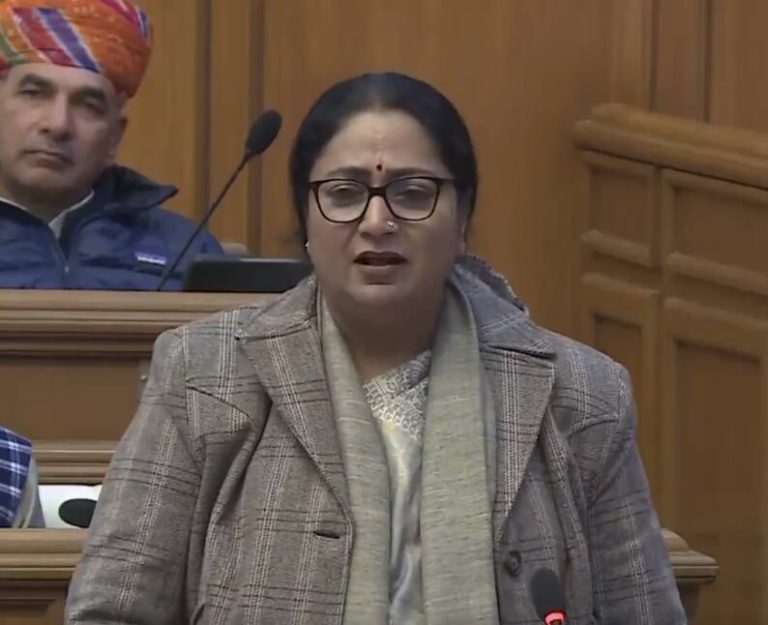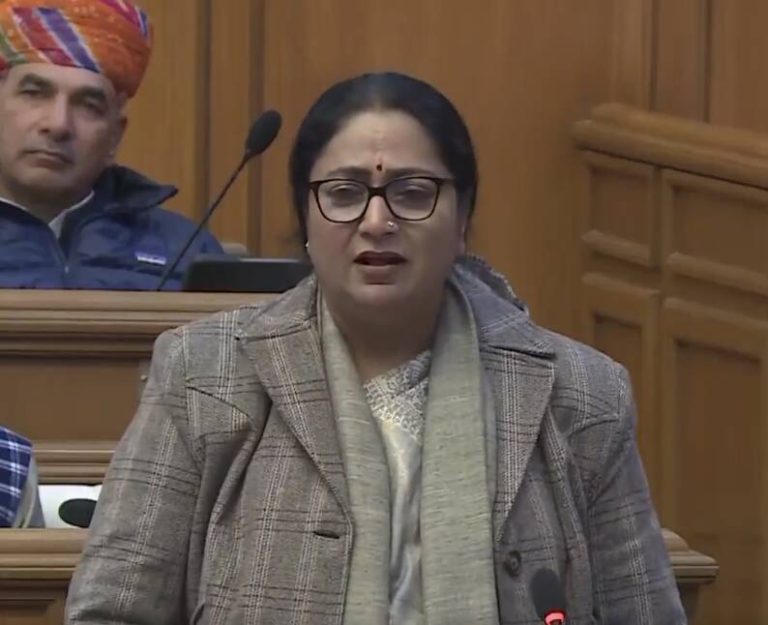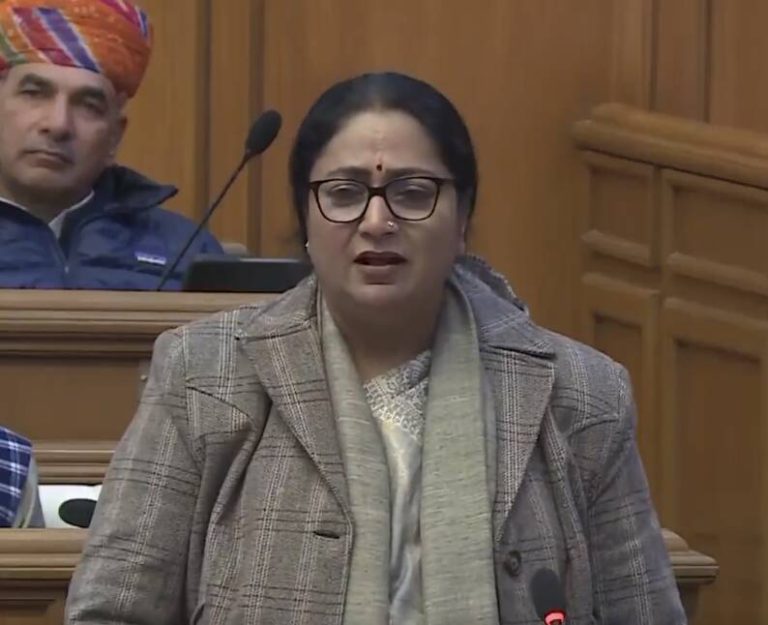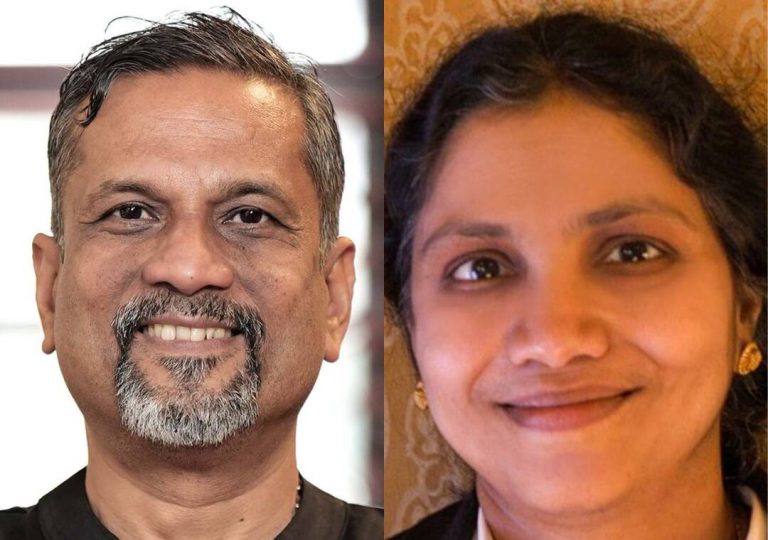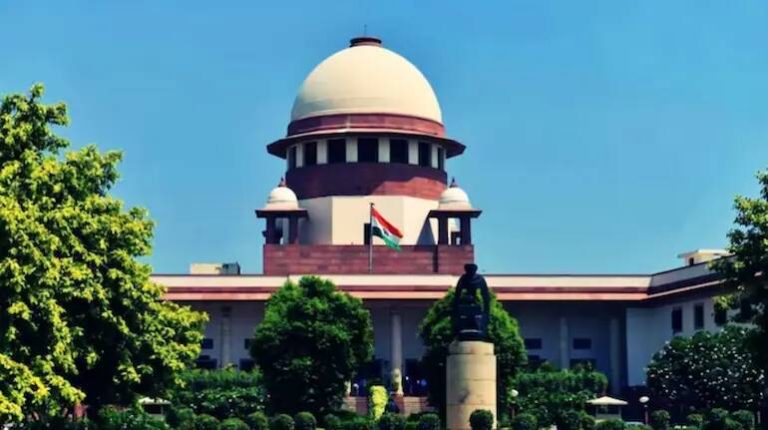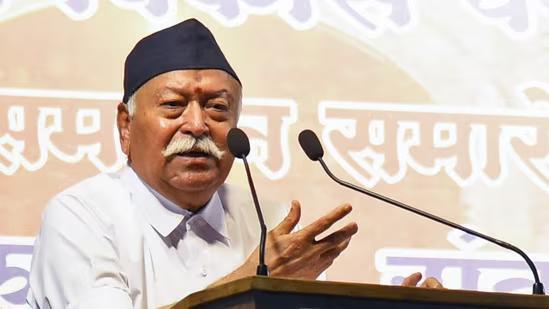
Muslims & Christians are also Hindus if they follow Indian culture: RSS chief Bhagwat
In a recent statement, Rashtriya Swayamsevak Sangh (RSS) chief Mohan Bhagwat has sparked a new debate by redefining the term “Hindu”. According to Bhagwat, anyone who takes pride in Bharat, or India, and follows Indian culture can be considered a Hindu. This statement has far-reaching implications and challenges the traditional understanding of the term “Hindu”, which is often associated with a specific set of religious beliefs and practices.
Bhagwat’s statement was made during a public event, where he emphasized that the term “Hindu” is not limited to a particular religion or community. He said, “If Muslims and Christians, even without giving up their worship, customs and traditions, worship this country, follow Indian culture…then they are Hindus.” This statement suggests that Bhagwat is attempting to broaden the definition of Hinduism to include people of all faiths who identify with Indian culture and values.
The RSS chief’s statement is significant because it reflects a shift in the way the organization views the concept of Hinduism. Traditionally, the RSS has been associated with a more rigid and exclusivist definition of Hinduism, which emphasized the importance of Hindu religious practices and traditions. However, Bhagwat’s statement suggests that the organization is now embracing a more inclusive and expansive definition of Hinduism, which encompasses people of all faiths who identify with Indian culture.
Bhagwat’s statement has sparked a debate about the nature of Hinduism and Indian identity. Some have welcomed his statement, arguing that it reflects the diversity and inclusiveness of Indian culture. Others have criticized the statement, arguing that it is an attempt to co-opt and assimilate minority communities into the dominant Hindu culture.
One of the key implications of Bhagwat’s statement is that it challenges the traditional understanding of the term “Hindu”. If anyone who follows Indian culture and takes pride in Bharat can be considered a Hindu, then what does it mean to be a Hindu? Does it mean that one has to follow a particular set of religious practices and traditions, or can one be a Hindu simply by identifying with Indian culture and values?
Bhagwat’s statement also raises questions about the relationship between religion and culture. Can one separate their religious beliefs from their cultural identity, or are the two inextricably linked? If Muslims and Christians can be considered Hindus simply by following Indian culture, then what does it mean to be a Muslim or a Christian in India?
Another significant aspect of Bhagwat’s statement is that it reflects the RSS’s vision for a “Hindu Rashtra”, or a Hindu nation. The concept of a Hindu Rashtra has been a contentious issue in Indian politics, with some arguing that it is incompatible with the principles of secularism and democracy. Bhagwat’s statement suggests that the RSS views a Hindu Rashtra not as a theocratic state, but as a cultural and civilizational entity that encompasses people of all faiths who identify with Indian culture.
In fact, Bhagwat argued that India does not need an official label to be a ‘Hindu Rashtra’ because its civilisation already reflects it. This statement reflects the RSS’s belief that India is already a Hindu Rashtra, and that the country’s culture and values are inherently Hindu. This view is not shared by all, and has been criticized by those who argue that India is a secular and pluralistic society that encompasses people of all faiths and cultures.
In conclusion, Bhagwat’s statement has sparked a significant debate about the nature of Hinduism and Indian identity. While some have welcomed his statement as a reflection of the diversity and inclusiveness of Indian culture, others have criticized it as an attempt to co-opt and assimilate minority communities into the dominant Hindu culture. As the debate continues, it is clear that the concept of Hinduism and Indian identity is complex and multifaceted, and that there is no one definition that can capture the diversity and richness of Indian culture.
